"The survival guide aims to encourage people to improve their ability to cope with different crises," a spokesman for Prime Minister François Bayrou said on Wednesday.
"The content includes how to deal with natural disasters, technology and cyber incidents, health crises such as Covid-19, as well as security situations such as terrorist attacks and armed conflicts," the spokesperson added.

An infographic from a French government website showing a proposed survival kit. Photo: Republique Francaise
If approved by Prime Minister Bayrou, the 20-page handbook will be sent to every household before the summer.
The plan comes after Sweden and Finland updated survival manuals for millions of households, which provide guidance on how to prepare for military conflict, power and communications blackouts, and extreme weather events.
The content of the French handbook will be similar to the official government website, launched in 2022, which provides guidance on responding to emergency situations.
The handbook will be divided into three main sections, providing practical advice to protect yourself and your family in the face of danger.
The book will guide people to prepare a "survival kit", including: 6 liters of bottled water, 12 cans of canned food, batteries and flashlights in case of power outages, essential medical supplies such as fever reducers (paracetamol), bandages and saline solution.
Moussa Saki, a 19-year-old restaurant worker in Paris, supports the initiative: "Crisis preparation is important and I think the government is on the right track. I'm not worried about war on French soil, but people need to know what to do in case of the worst."
However, Carine Langlois, 56, is skeptical: "I don't think there will be a war. President Emmanuel Macron's role is not to intervene between Mr. Trump and Mr. Putin. In France, there are more urgent issues that need to be solved."
Laure Mourgue d'Algue, a 25-year-old primary school teacher, said the plan made sense: "Nordic countries like Sweden and Denmark are better prepared than France. Having basic survival knowledge - like how to handle electricity in an emergency - is very important."
However, she also stressed: "A manual is not enough. We need practical training courses to ensure people's psychological safety."
"The first step in raising citizen awareness is to understand the threats and stay informed," said a spokesman for Prime Minister Bayrou.
He also stressed that citizens could join military reserve organisations to contribute to national security. "We are doing everything possible to ensure that French citizens are ready to respond to crises," he said.
Earlier this month, President Emmanuel Macron announced a sweeping overhaul of France's security forces, including plans to increase the number of reservists from 40,000 to 100,000 by 2035.
During a visit to a military base in eastern France on Tuesday, he revealed that the government would soon announce measures to boost military capabilities, investment and equipment.
"Europe must continue to defend itself, to arm itself and to prepare itself if it wants to avoid war," Macron stressed. "This is the path we have chosen, and we will continue to follow. No one can predict what will happen in the coming months and years."
Amid rising tensions between the West and Russia, many European countries are bolstering their defense capabilities. Sweden and Finland have joined NATO, while Germany and Britain have steadily increased their military spending.
Cao Phong (according to France24, DW, CNN)


![[Photo] A brief moment of rest for the rescue force of the Vietnam People's Army](https://vstatic.vietnam.vn/vietnam/resource/IMAGE/2025/4/3/a2c91fa05dc04293a4b64cfd27ed4dbe)
![[Photo] Prime Minister Pham Minh Chinh chairs meeting after US announces reciprocal tariffs](https://vstatic.vietnam.vn/vietnam/resource/IMAGE/2025/4/3/ee90a2786c0a45d7868de039cef4a712)

![[Photo] Ho Chi Minh City speeds up sidewalk repair work before April 30 holiday](https://vstatic.vietnam.vn/vietnam/resource/IMAGE/2025/4/3/17f78833a36f4ba5a9bae215703da710)
![[Photo] Prime Minister Pham Minh Chinh chairs the first meeting of the Steering Committee on Regional and International Financial Centers](https://vstatic.vietnam.vn/vietnam/resource/IMAGE/2025/4/3/47dc687989d4479d95a1dce4466edd32)
![[Photo] General Secretary To Lam receives Japanese Ambassador to Vietnam Ito Naoki](https://vstatic.vietnam.vn/vietnam/resource/IMAGE/2025/4/3/3a5d233bc09d4928ac9bfed97674be98)










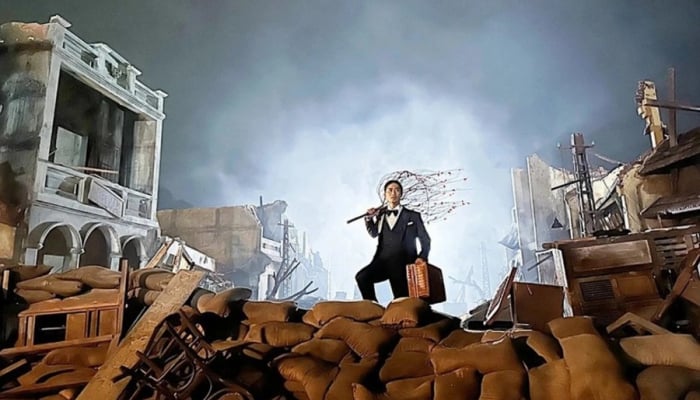
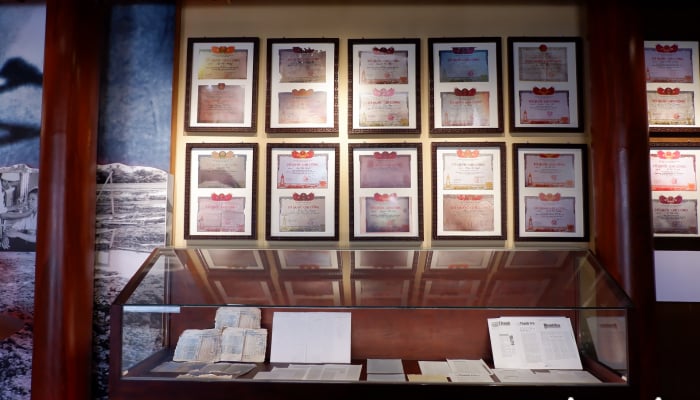



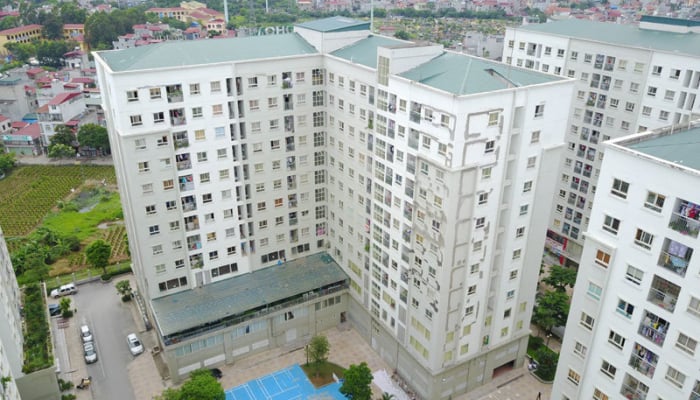











































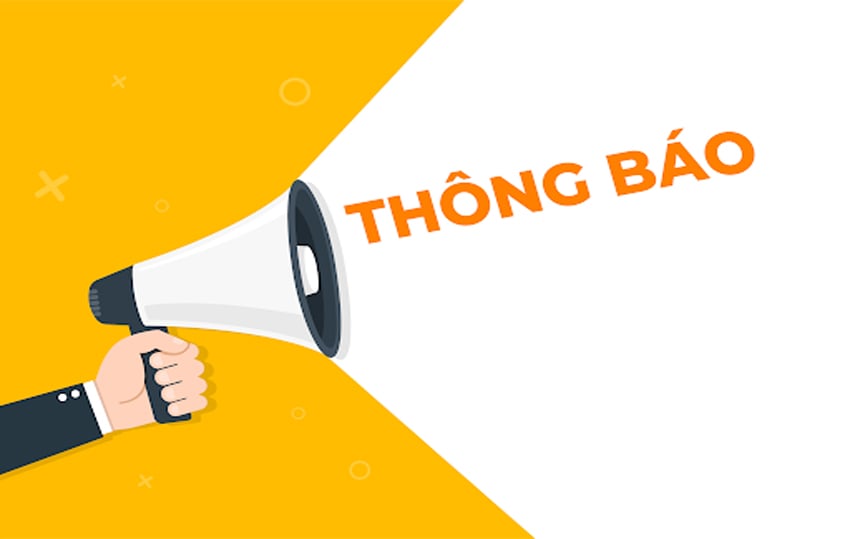




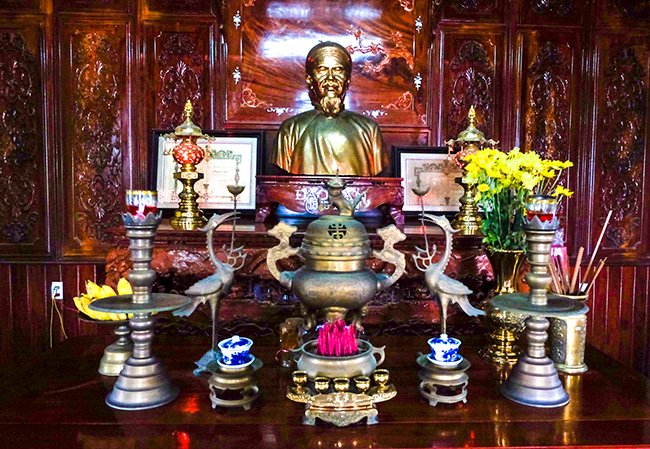
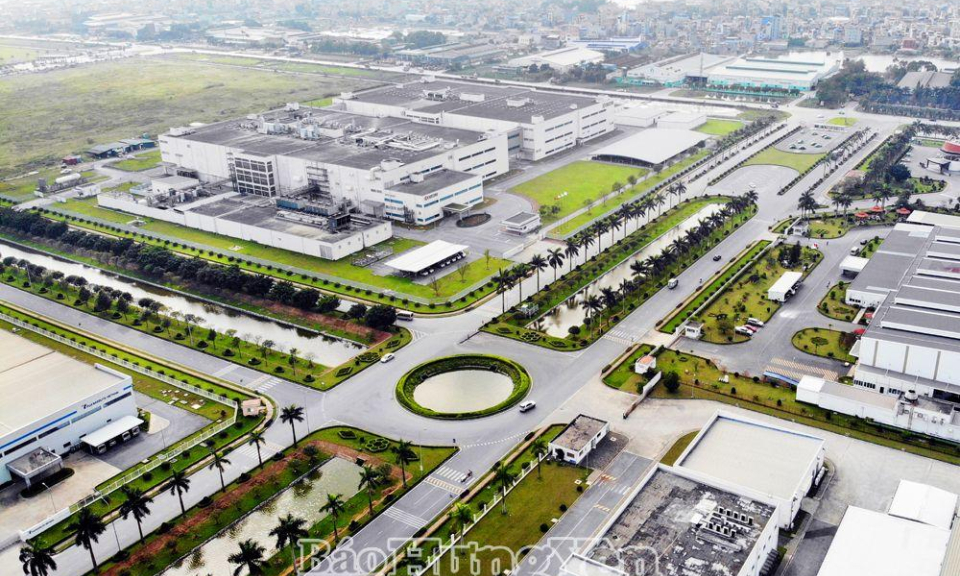
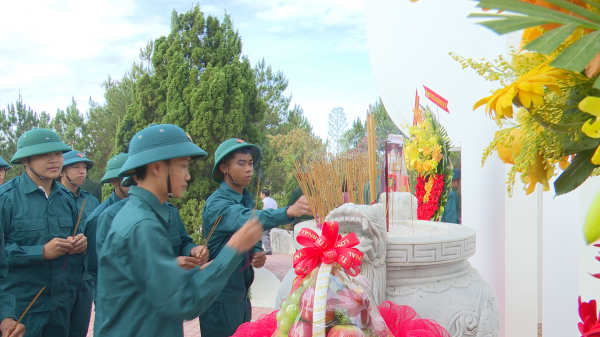












Comment (0)